A pioneering study by Chinese scientists on autism spectrum disorder has found that probiotics found in cheese can help alleviate these symptoms.
Autism spectrum disorder (ASD) is a lifelong neurological condition that affects social interaction, communication and behavior, affecting more than 60 million people globally with the number of diagnoses increasing every year.
 |
| Probiotics found in cheese may help alleviate autism symptoms. (Source: SCMP) |
Researchers from the Institute of Zoology at the Chinese Academy of Sciences have explored the link between gut health and autism, building on growing evidence that the gut microbiome can influence brain function, mood and cognition.
Their preliminary results, published in the journal Cell Genomics on February 12, showed significant improvements in social behavior in mice after being treated with the probiotic Lactobacillus rhamnosus - a bacteria commonly used in the fermentation of milk.
ASD has long been thought to involve genetic and environmental factors, but recent research has emphasized the gut-brain axis—a two-way communication system between the digestive tract and the central nervous system. Disturbances in gut bacteria have been linked to neurodevelopmental conditions, including anxiety and depression.
The research team, led by geneticist Zhao Fangqing from the Institute of Zoology, focused on the CHD8 gene - a gene important for brain and gut development.
Mutations in CHD8 are one of the most common genetic markers of autism. Using advanced single-cell RNA sequencing technology, researchers created a mouse model with a specific CHD8 deficiency in intestinal cells.
Remarkably, after a month of daily supplementation with Lactobacillus rhamnosus, the mice showed a restoration of synaptic plasticity—a key mechanism for learning and memory—and an increase in Drd2-positive neurons, which regulate social motivation. In particular, the mice's decline in curiosity about new social environments was reversed.
“These findings deepen our understanding of the molecular origins of ASD and open the door to innovative therapies,” said a press release from the Chinese Academy of Sciences.
Although the study's probiotic intervention targeted intestinal cells, its effects also spread to the brain, suggesting the gut's role as a "second brain," the release added.
Scientists will need to conduct human trials to confirm the method's safety and effectiveness, but the research offers hope to families facing the challenges of raising autistic children.
According to the U.S. Centers for Disease Control and Prevention, with 1 in 36 American children diagnosed with autism by 2023, the need for non-invasive treatments is urgent.
Probiotic therapy, if proven effective, would become a new behavioral intervention for children with autism, with minimal side effects, the researchers say.
In the coming stages, Trieu Phuong Khanh's team plans to study how signals originating from the gut precisely affect brain circuits.
There is currently a surge of global interest in microbiome-based treatments, with clinical trials exploring the potential of probiotics to help with a variety of conditions, from depression to Parkinson's disease.
Source








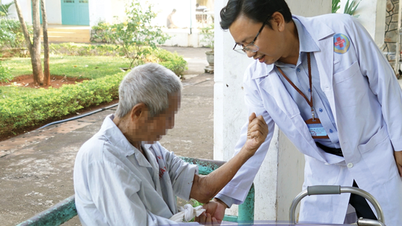

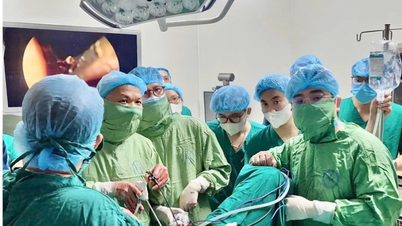

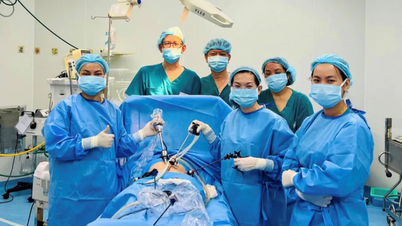

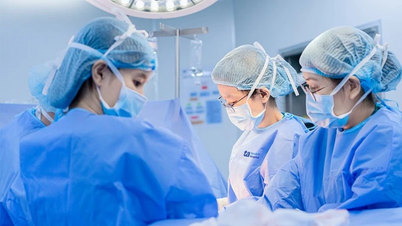
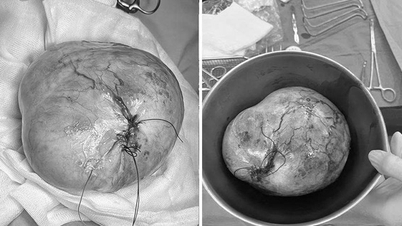
















![[Video] The craft of making Dong Ho folk paintings has been inscribed by UNESCO on the List of Crafts in Need of Urgent Safeguarding.](https://vphoto.vietnam.vn/thumb/402x226/vietnam/resource/IMAGE/2025/12/10/1765350246533_tranh-dong-ho-734-jpg.webp)



































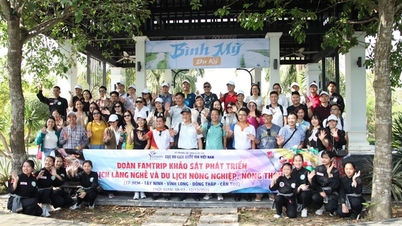































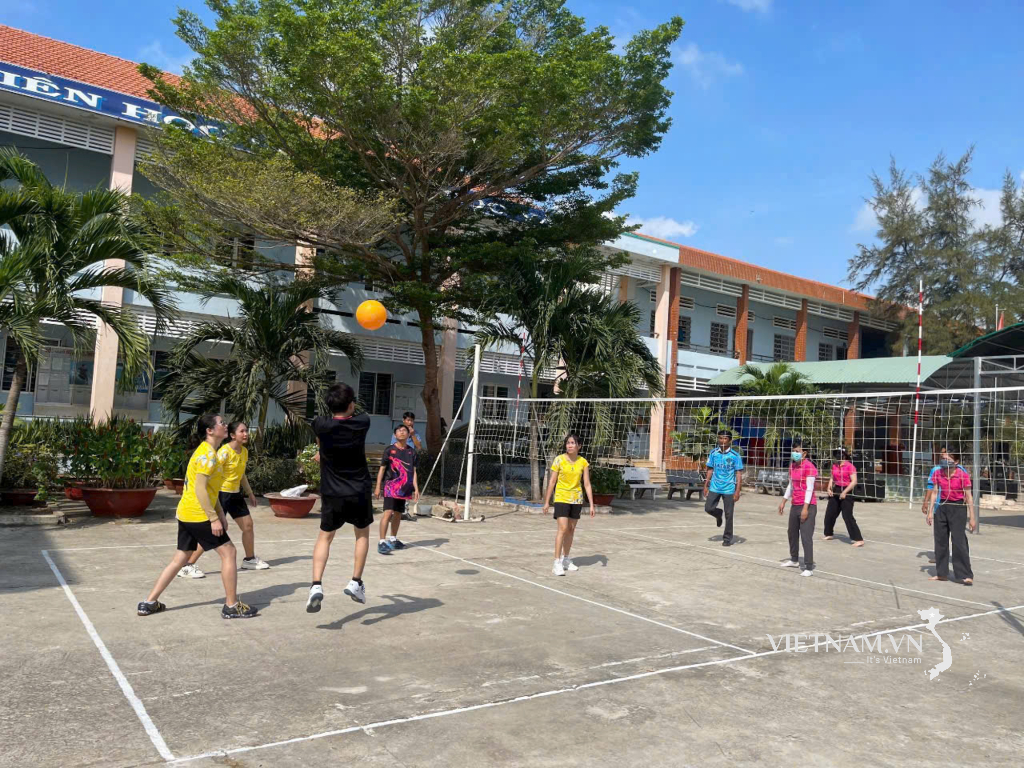





Comment (0)